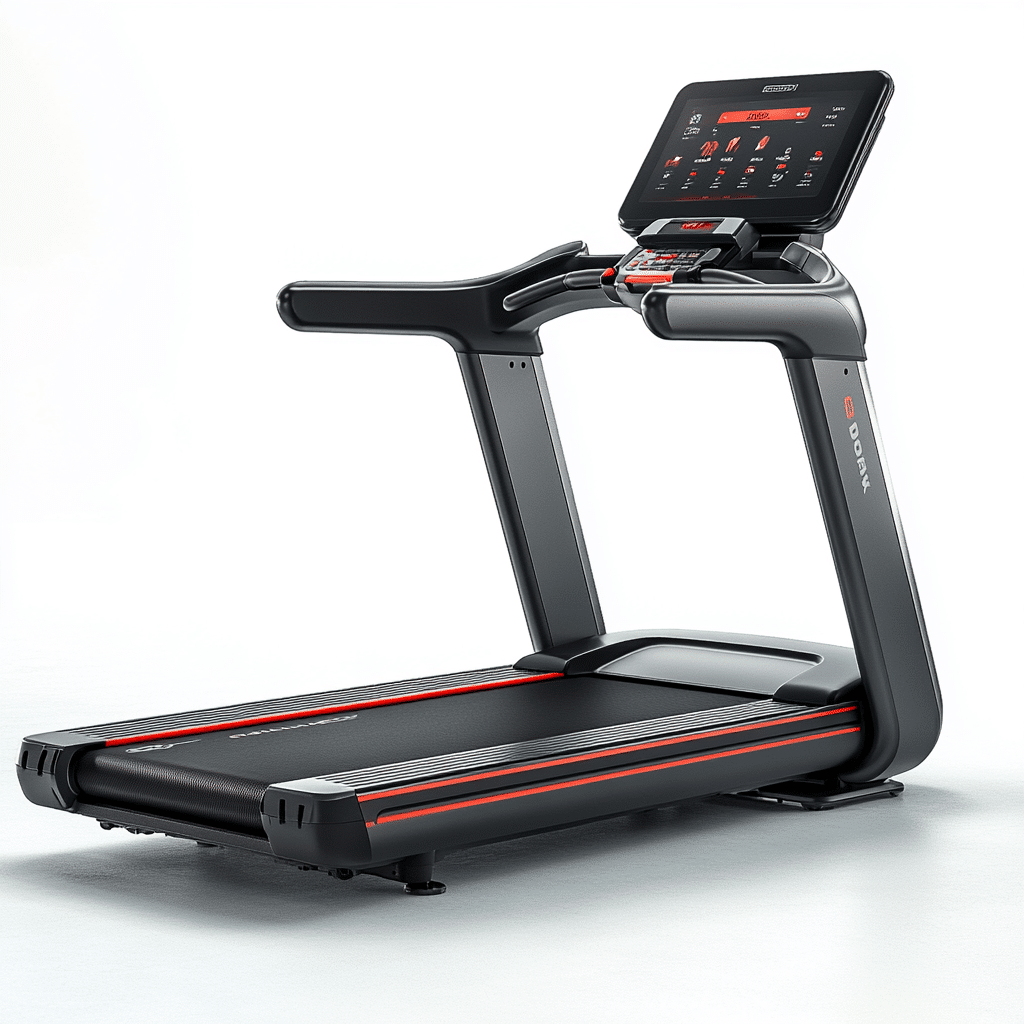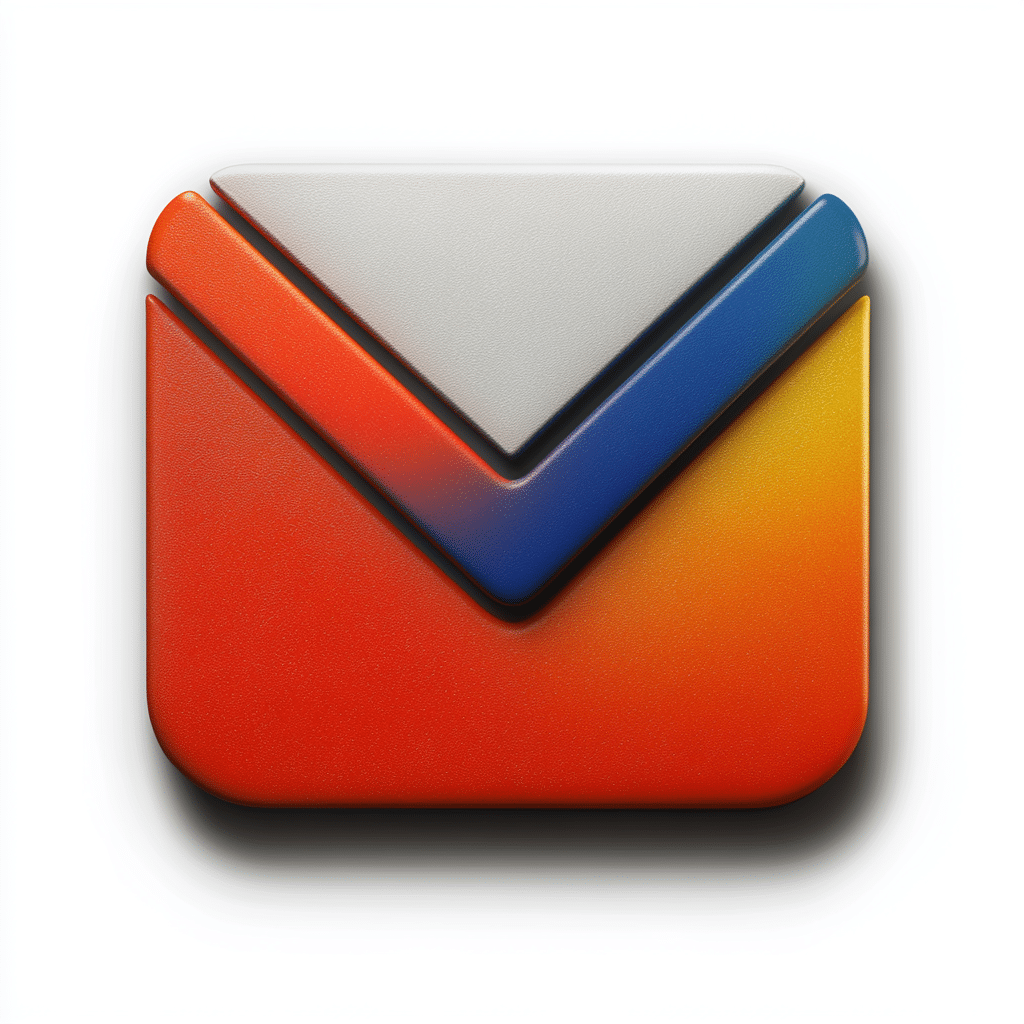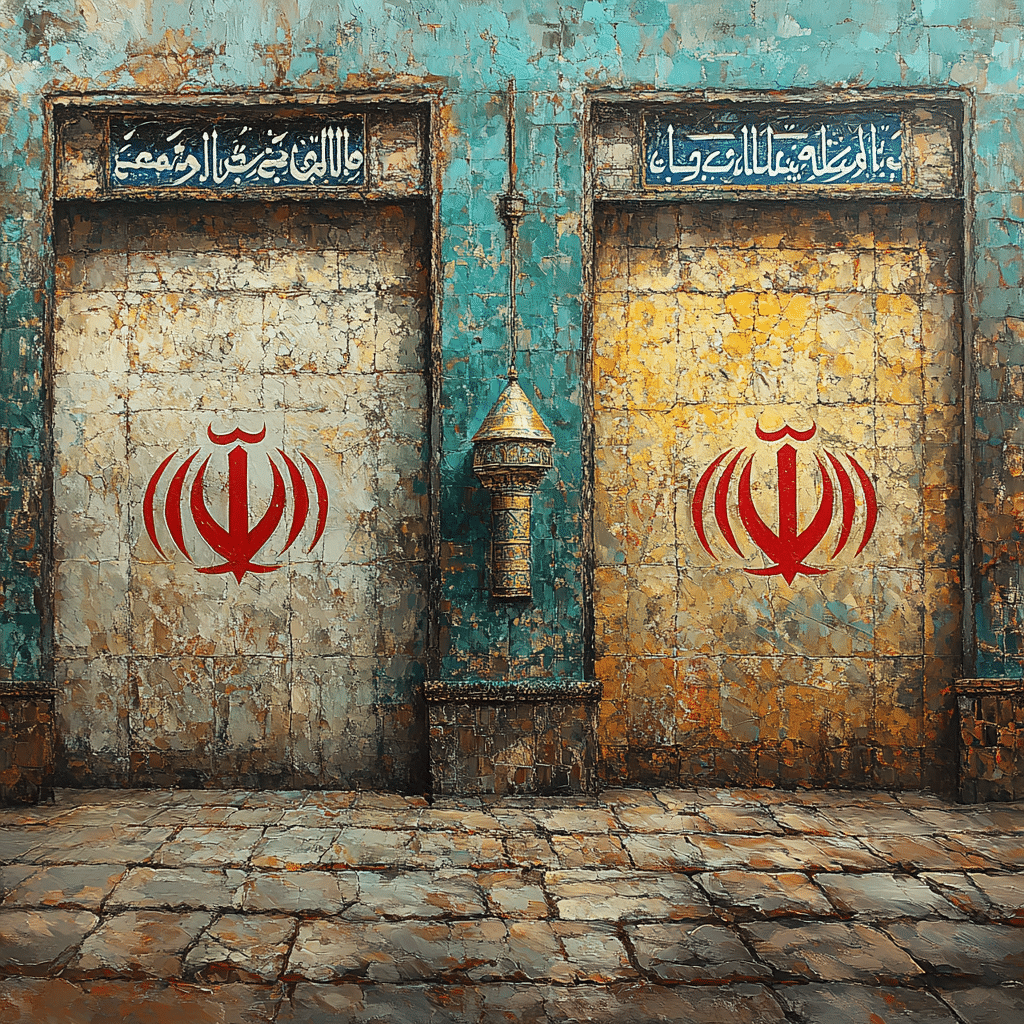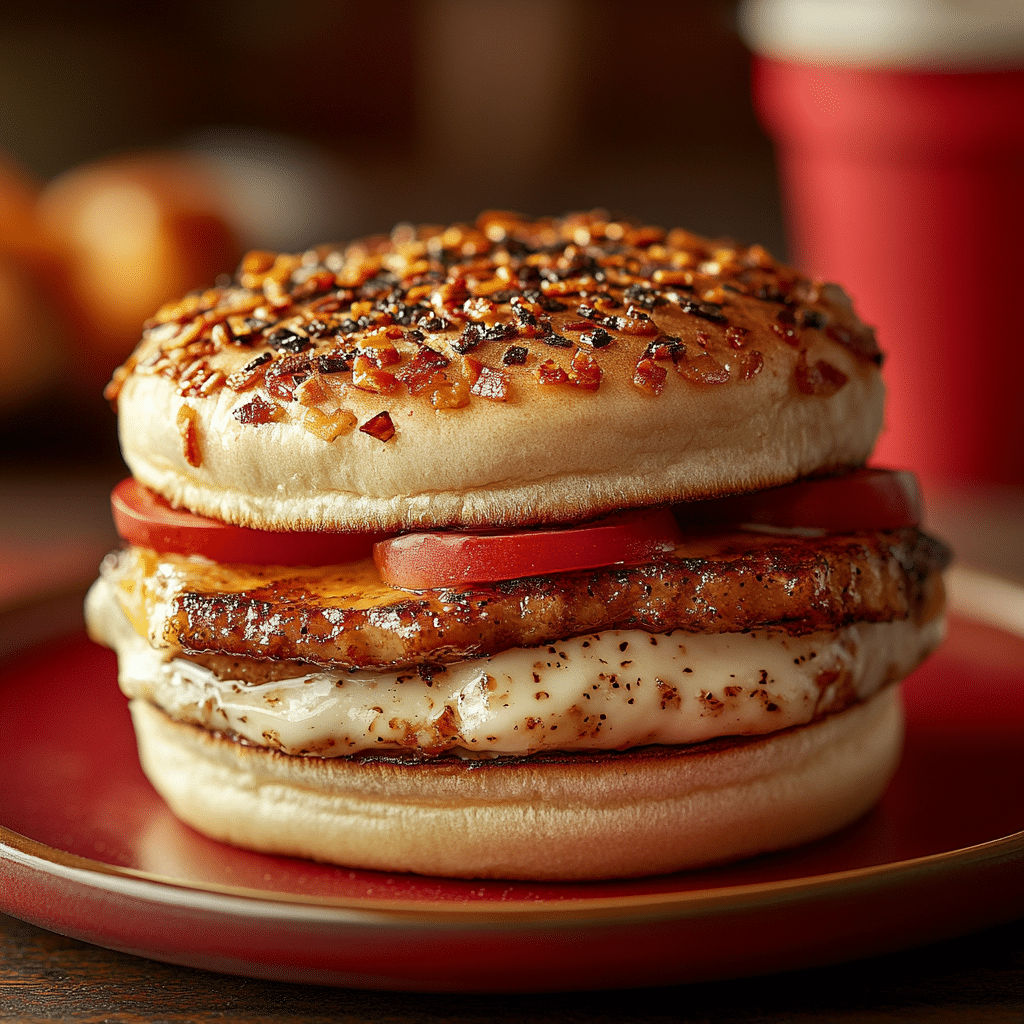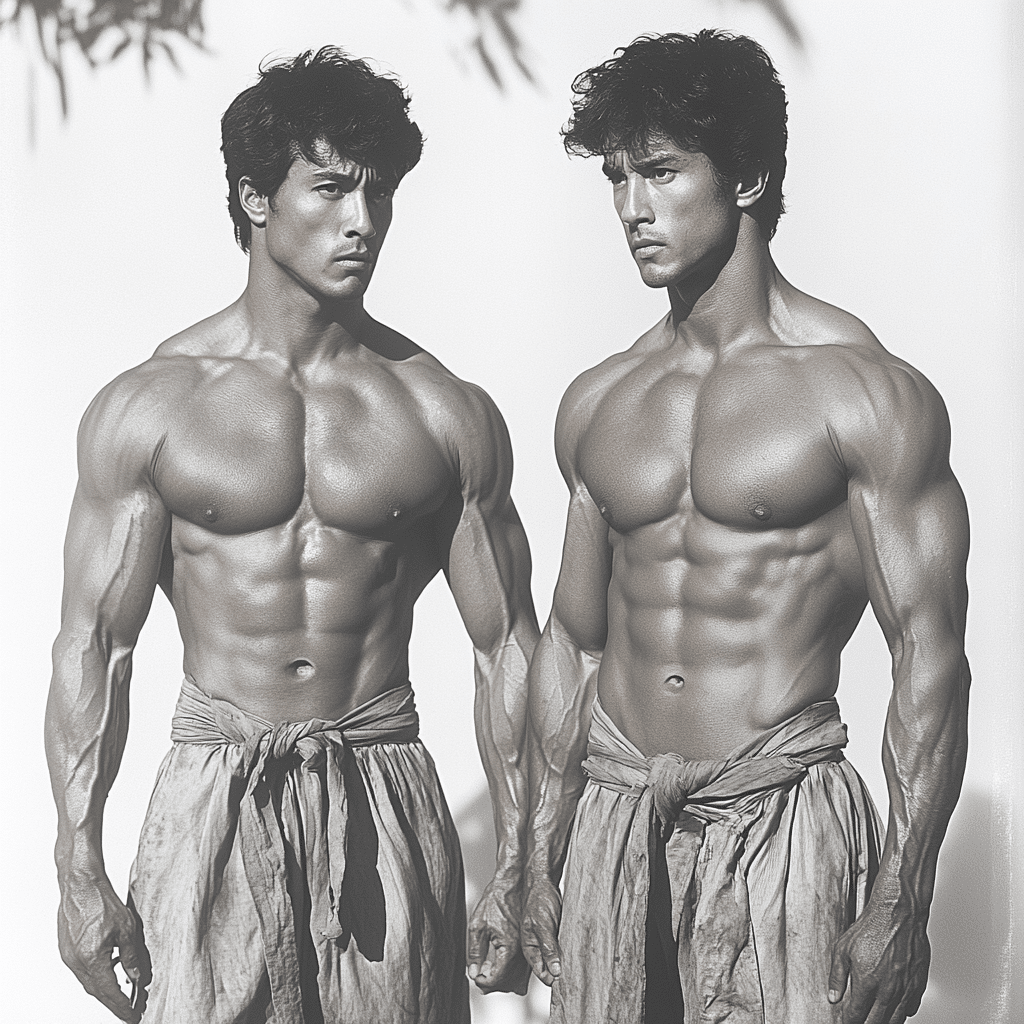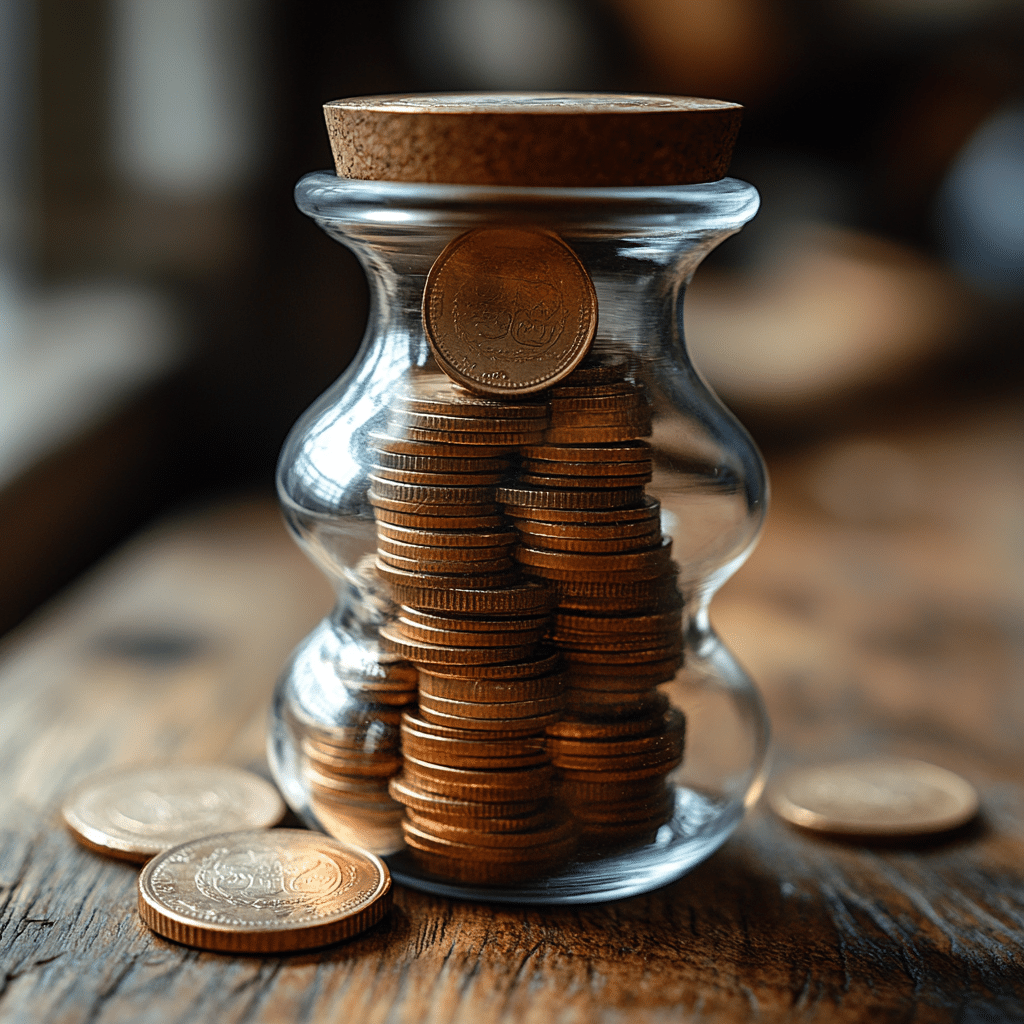When diving into the discussion on type A vs type B personality styles, many folks may feel like they’re trying to uncover a secret code that dictates behavior. Understanding these two personality types opens up a window into the dynamic ways people think and interact. Type A personalities are often the high-octane individuals in the workplace, while Type B personalities tend to approach life with a more laid-back attitude. Let’s explore these traits and how they influence everything from personal relationships to financial decisions.
1. Understanding the Spectrum: What is Type A and Type B?
At its core, type A vs type B refers to contrasting ways that people approach tasks and social interactions. Individuals with type A personalities are generally highly motivated, ambitious, and driven by deadlines and goals. They thrive in fast-paced environments, often stepping on the gas pedal in both their personal and professional lives. A classic example of this personality type is Elon Musk, whose relentless drive and innovation have put him at the forefront of industries like space exploration and electric vehicles.
In contrast, type B personalities tend to take things easy. They’re more patient, reflective, and less prone to stress-related issues. Oprah Winfrey perfectly illustrates the type B personality. Despite her monumental achievements, Oprah’s calm demeanor and emphasis on emotional intelligence shine through in everything she does.
Recognizing which camp you fit into can help you negotiate the waters of personal and professional life more effectively.

2. Top 7 Traits: Type A vs Type B Personality Styles
Here’s a breakdown of the standout traits between type A and type B personalities:
Recognizing these differences can enrich your understanding of yourself and others.
3. The Financial Side: Type A vs Type B in Financial Decision Making
Your personality type plays a significant role in your financial decision-making. Type A individuals may be drawn to aggressive investment strategies. For example, Ray Dalio, a hedge fund manager, is known for calculated risks that align with a type A personality. They thrive on the thrill of quick returns and often jump at tech stocks or cryptocurrencies.
On the flip side, type B personalities, like Warren Buffett, prioritize steady gains and long-term value investing. They’re meticulous about researching companies and often favor bonds or stable stocks over high-risk investments. Understanding which type resonates with you can help shape your financial strategies, ensuring that they align with your temperament.
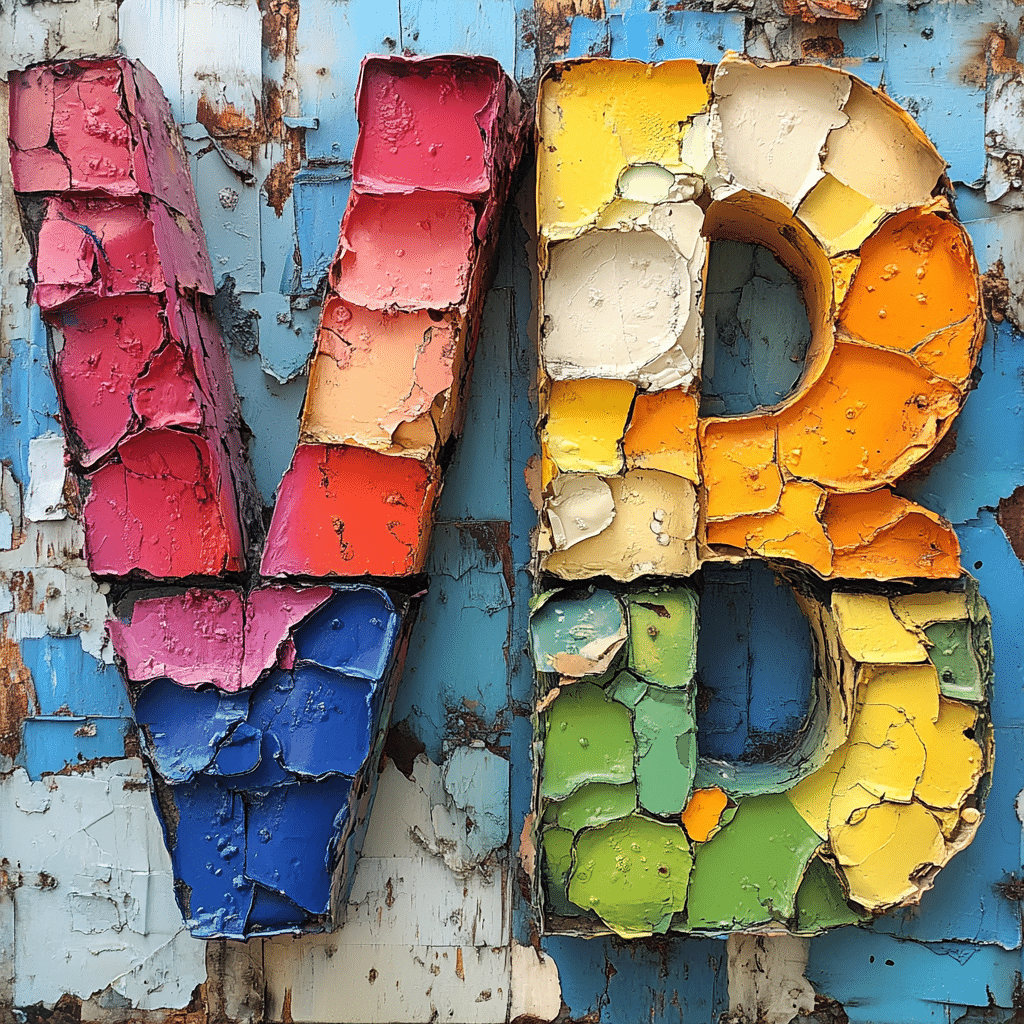
4. Managing HR: Type A vs Type B in the Workplace
In any workplace, recognizing the type A vs type B personality styles can enhance team dynamics. Companies like Google consciously curate a mix of both personality types to foster innovation and maintain operational efficacy. Assigning roles that match individual strengths can lead to a harmonious and productive workplace culture.
For example, in a marketing team, a type A personality might spearhead high-stakes campaigns, lending energy and ambition to the project. Meanwhile, type B members can step back to analyze data and align strategies with the company’s vision, ensuring everything runs smoothly. This blend of personality types cultivates creativity while ensuring that tasks are completed efficiently.
5. FSA vs HSA: A Personality Perspective on Healthcare Accounts
Understanding FSA vs HSA from a personality perspective can be enlightening. Type A individuals may lean towards Health Savings Accounts (HSAs) because they appreciate the long-term investment potential for future healthcare needs. HSAs allow for tax-free growth of savings, allowing Type A folks to plan and strategize for what lies ahead.
Conversely, type B personalities, who often prefer immediate benefits, might gravitate to Flexible Spending Accounts (FSAs). FSAs offer quick access to funds, catering to their preference for tackling current healthcare expenses without the “use-it-or-lose-it” pressure that can come with HSAs.
6. HSA vs FSA: Choosing Based on Personality Traits
Choosing between HSA vs FSA can also hinge on your personality traits. Type A individuals thrive on planning and strategic growth, making HSAs a better fit due to their investment components. Meanwhile, type B personalities enjoy the ability to be flexible and adaptable, allowing them to capitalize on FSAs that afford immediate use of funds.
Ultimately, assessing your personality can pave the way for smarter financial decisions in both healthcare and investment.
Innovative Wrap-Up
The big question of type A vs type B can profoundly impact your life, shaping your relationships, career choices, and even financial decisions. Recognizing which personality type you lean towards helps you better navigate everyday encounters and long-term ambitions.
Whether you find yourself relating more to the type A ambition or the serene approach of type B, embracing these traits facilitates leveraging your strengths. After all, the trick lies in establishing a lifestyle that aligns with your unique personality, whether you take cues from the ambitious drive of figures like Walton Goggins or choose the tranquility offered by individuals like John C. Reilly.
Ultimately, whether we’re talking about investing in stocks like those mentioned in the upcoming Sephora Advent Calendar 2025 or dealing with stress through a cat drinking fountain, acknowledging the nuances of personality allows for a more enriching and fulfilling life. Now, which type suits you best?
Type A vs Type B: Fun Trivia and Interesting Facts
The Traits That Define Us
You might have heard about the buzzing contrast between Type A and Type B personalities, right? Type A folks often embody ambition and competitiveness, while Type B individuals lean toward relaxation and flexibility. Here’s a fun thought: remember “Stifler’s Mom” from American Pie? That character leans toward the laid-back Type B vibe, oozing confidence without the stress. Contrast that with John C. Reilly, whose roles often showcase a more frenetic energy, embodying the classic Type A overachiever. So, which camp do you belong to?
Personality and Lifestyle
It’s fascinating how our personalities shape our decisions—think about financial choices like a Capital One personal loan or planning a getaway. Type A personalities might plunge into the details of interest rates, while Type B personalities may just want to enjoy life without the added fuss. Speaking of relaxation, did you know that projects like the Trails Wilderness Program have led many to reconsider the importance of balance in life? Balancing goals and leisure could be vital whether you’re a high achiever or a mellow thinker.
Representing in Pop Culture
Interestingly, the film industry often reflects these personality types in characters. For instance, Griffin Gluck Movies often feature characters that navigate youthful challenges, often straddling the Type A and Type B divide, making audiences ponder where they fit. Similarly, the multi-talented Anne Marie johnson has played roles that embody both ends of the spectrum, giving us a glimpse into how diverse personality traits can be. So the next time you’re watching a movie or assessing your own quirks, take a second to reflect on where you land in the Type A vs Type B debate. Let’s face it—understanding ourselves can be one of the most crucial steps toward success and happiness!

What is the difference between type A and type B?
Type A personalities are usually seen as ambitious, competitive, and a bit aggressive, while Type B personalities are more laid-back, flexible, and calm. Type A folks thrive on multitasking and are proactive, whereas Type B individuals tend to enjoy focusing on one task at a time for better concentration and enjoyment.
Is there a type C personality?
Yes, there is a Type C personality, which is characterized by being very conscientious but struggling with emotional awareness. These individuals are often viewed as logical and private, which can lead to difficulties in expressing their feelings.
What is Type A Type B Type C Type D personality?
The four main personality types are Type A, which is highly motivated and competitive; Type B, which is relaxed and flexible; Type C, known for being conscientious but having trouble with emotional expression; and Type D, characterized by pessimism and anxiety.
How do I know if I’m type A or B?
To figure out if you’re Type A or Type B, think about your style in both work and social situations. If you’re often competitive, short-tempered, and love multitasking, you might lean towards Type A. If you’re more easygoing, patient, and prefer focusing on one thing at a time, you probably fit into Type B.
Can type A and type B personalities marry?
Yes, Type A and Type B personalities can definitely marry. Their different styles can complement each other, with Type A’s drive balanced by Type B’s patience, making for a well-rounded partnership.
What does type A mean in slang?
In slang, being a Type A means someone is driven, goal-oriented, and often a bit high-strung. It’s used to describe folks who are super focused on success and may come off as intense.
What is a type Z personality?
The concept of a Type Z personality suggests a balance of relaxation and adaptability, embodying qualities from different types without fitting strictly into one. It emphasizes a holistic approach to personal traits.
What is a F-type personality?
F-type personality isn’t widely known like A, B, or C, but it sometimes refers to people who are particularly focused on feelings, focusing on emotional connections rather than logic or competition.
Is there a type O personality?
There isn’t a recognized Type O personality in the conventional personality frameworks, although some might colloquially use it to refer to a unique or uncommon blend of traits.
What is an D personality?
A Type D personality typically refers to those who are distressed and pessimistic, often feeling anxious and prone to social isolation. These individuals may struggle with negative emotions consistently.
What is the rarest personality type?
The rarest personality type varies by system, but many consider INFJ (from the Myers-Briggs Type Indicator) one of the least common types, known for their deep empathy and focus on meaningful connections.
What are the 4 personality types?
The four personality types in many frameworks include Type A, Type B, Type C, and Type D. Each represents different ways of thinking, behaving, and engaging with the world.
Can I be both type A and type B?
Yes, it’s possible to display traits from both Type A and Type B personalities. Many people have a mix of characteristics from different types, which makes them unique.
Who are the successful Type B people?
Successful Type B personalities often include creative thinkers and visionaries who thrive in environments that allow for flexibility and innovation. They typically find success in arts, counseling, or any field that values collaboration and open-mindedness.
Are type A people organized?
Type A individuals are frequently organized and driven, often found creating plans and striving to meet goals. Their high ambition generally leads them to keep things arranged and in order.
What distinguishes Type A from Type B?
What makes Type A stand out from Type B is the intensity and competitiveness of Type A personalities, who often push for achievement, while Type B personalities are more centered on enjoyment and the journey rather than just the end goal.
What is the difference between Type A and Type B material?
In the workplace, Type A individuals are often proactive, thriving in high-pressure environments, whereas Type B employees are generally more patient and collaborative, favoring harmony over competition in their roles.
What is the difference between Type A and Type B in the workplace?
A Type B personality is generally described as relaxed, easygoing, and patient. These individuals enjoy flexibility and are less driven by competition, often prioritizing fun over hard-charging ambition.


